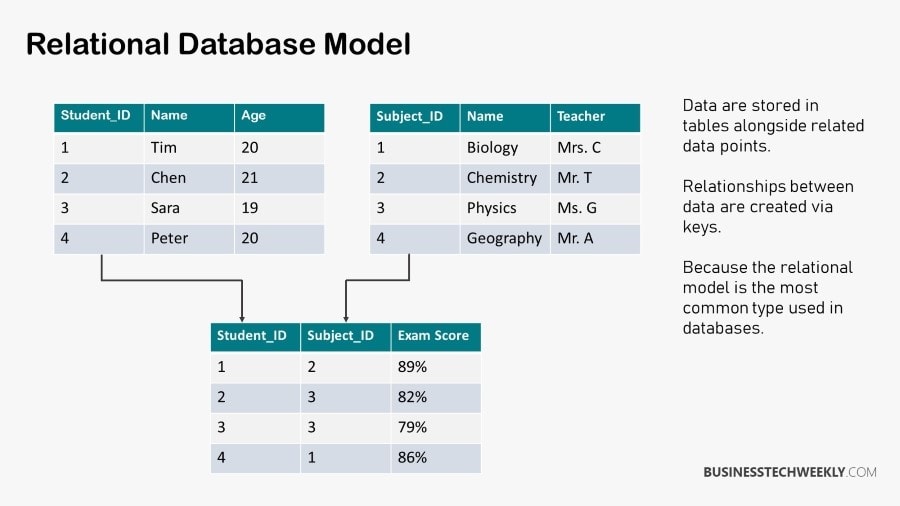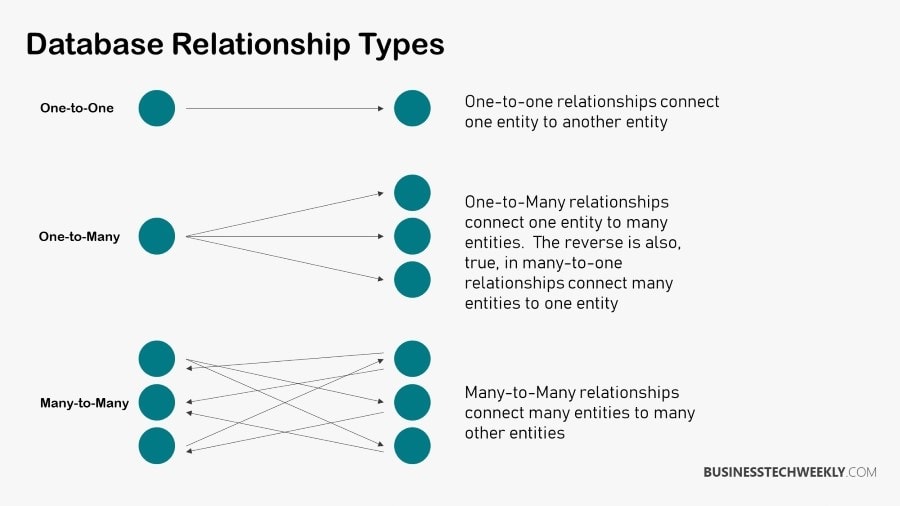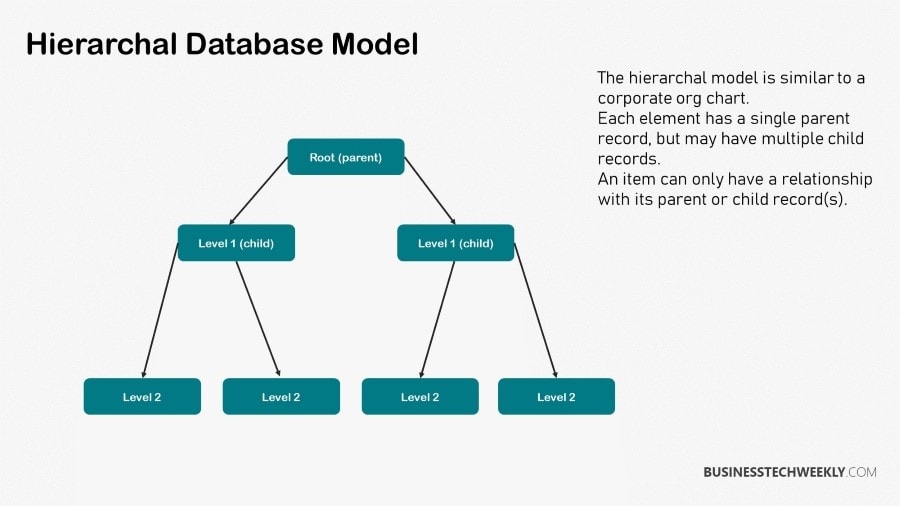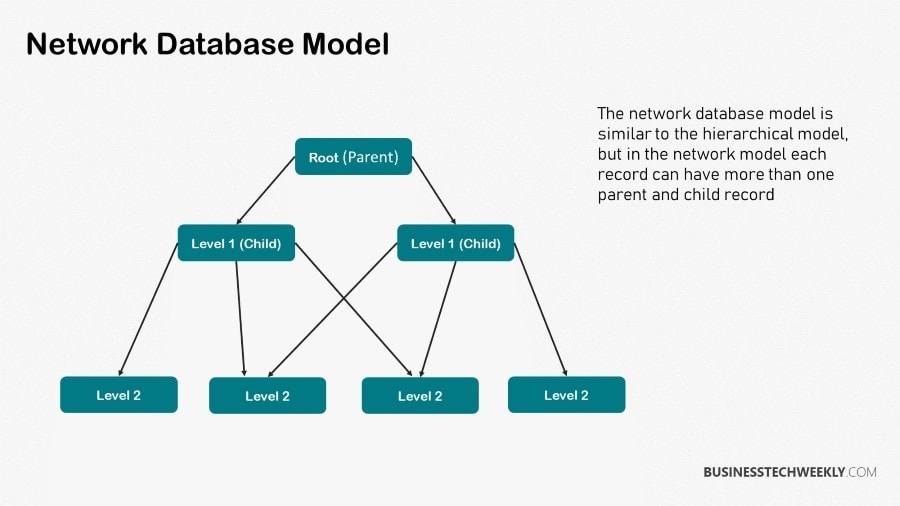Advantages of Databases: Why are databases important to businesses?

There are many advantages of using databases. They are a vital tool for managing digital activities and are the primary medium for maintaining, organizing, and evaluating an organization’s essential information, such as employee and client records, inventory, and payroll.
A database management system provides access to these distinct forms of information, allowing you to create and manage many connected data sources in a single software tool.
Below, we cover a wide range of essential database concepts, and the advantages of databases for businesses. We further explore how businesses might employ data collection technology to build a more effective process, increasing productivity and lowering expenses.
On this page:
What is a Database?
A database is a structured collection of electronically stored data. Small databases are typically stored on a file system, whereas large databases are usually hosted on computer clusters or in the cloud.
A simple example of what databases are:
- A list of names in an alphabetic manner
- A list of stock codes from A-Z
Data can be stored in a database in different ways, defined as database models. The relational database model (RDBM) is the most used, which organizes data in tables.
Benefits of a database
A business database can assist you in organizing and managing your clients and your business’s inventory and employees. Also, using database technology to keep track of your customers’ and competitors’ information will benefit your business over time.
Using a database for your business will benefit you in the following ways:
- Reduce the amount of time you spend on time management
- Conduct data analysis in a variety of methods
- Encourage a rigorous approach to data management
- Transform indifferent data into valuable knowledge
- Enhance data consistency and quality
The majority of businesses lack the time and resources necessary to collect and handle significant amounts of data. This inability could result in insufficient information to make informed decisions concerning how your business is performing, what gains product lines can achieve, and how regularly your customers are buying.
Role of Information in the Business
Because it is not always obvious what type of data is valuable, you should gather as much information as possible. There are many advantages of databases for businesses, a cutting-edge Relational Database Management Systems (RDBMS) will assist in storing vast amounts of data that will accumulate over time and become more helpful and valuable.
RELATED: Big Data Basics: Understanding Big Data
Additionally, the disciplines required to gather, record, and process this data will assist you in controlling and managing your organization effectively.
Data Protection and Databases
When collecting, keeping, and storing the clients’ private data, you must meet the data protection regulation, which includes the need not to collect or process extra and unnecessary confidential information.
Following the introduction of GDPR, you must make sure the private information that you are processing are:
- Sufficient – be able to fulfill your current purpose.
- Relevant – Has a logical connection to the objective.
- Limited to what is needed – you do not use more than what you require for that objective.
RELATED: GDPR lawful basis for processing personal data
What are the Advantages of using a Database Management System?
Spreadsheets are excellent for crunching numbers. However, if your business has significant data on customers, employees, or goods, you might benefit from a more effective data management tool.
Here are five reasons why databases can aid in the growth of your organization.
1. Centralized systems
If your firm is expanding and you have employees to assist you, keeping track of the growing volume of data might be challenging. Effective database systems can assist you in centrally managing all your business-critical data safely and securely.
RELATED: How to keep your Business-Critical Data secure in 10 Simple Steps
2. Better HR management
Using a human resources database to manage employee records can help you save time and money. It can automate most HR activities and accelerate data processing such as employee hours, leave, benefits, and payroll. This can free up time for you to concentrate on building your firm.
RELATED: HR software selection: 5 tips for choosing an HR solution for your business
3. Customer Data and Relationship Management
If clients are your business’s lifeblood, a strong customer relationship management (CRM) database should be central to your growth objectives. CRM databases that are fully featured are typically capable of storing and processing anything from customer contact information, interaction history, and accounts to new prospects, leads, and business opportunities. Certain CRM systems can even assist you with managing and tracking marketing efforts, like email newsletters.
4. Improved Inventory Tracking
Managing your inventory effectively can feel like a balancing act at times. If you manually maintain your inventory, it’s also easy to make errors in data entry or misplace spreadsheets and notes. Utilizing an inventory tracking database, particularly in conjunction with electronic data exchange and barcode scanning, you can mitigate those risks and maximize your growth prospects while minimizing missed revenue.
5. Business Growth Planning
Most company databases have some reporting capability – from analyzing input data and tracking productivity to forecasting future trends and client demands. If you’re developing a growth strategy for your organization, a comprehensive database system can be its most important asset.
Different Types of Database Systems
A database platform is software used to create and manage many databases. There are numerous database platform versions based on how they handle the entire database structure.
Two Different Types of Structure of Databases
There are different types of databases that have two different types of forms:
- A one-file or a database that is a flat-file
- Multiple files that have a structured database
A single file database will keep the information in a file with a plain text format, with every line of text typically containing one record. There are certain features like commas and separate tabs. A single file database uses a simple structure, and, not like the relational database, it does not have many different tables or relations.
A relational database has many different tabulated data with columns and rows about one another through unique vital factors. These other databases are far more flexible than flat file structures and give you more functionality to create and get rid of data.

Databases related to relations use SQL apps, a standard user application that gives an easy programming platform for interacting with the database.
Different Types of Relationships In A Database
The various type of relationship that exists in the whole database relation design:
- One-to-one: Where a single table records a different record in a different table
- One-to-many: A single table record concerning different records on a different table
- Many-to-one: Where there is more than a single table record concerning a different table record
- Many-to-many: Where there are many different records concerning many different records in a separate table
These relations create productive dependencies that are in a single database. Some of the most common instances of databases in relations include SQL databases.

Types of Database Management Systems
RDBMS, or relational database management systems, is one of the four types of systems used to handle business information. The other three are:
- Hierarchal Database system
- Network Database systems
- Object-orientated Database systems
The hierarchical database model is like a tree structure, the same as a folder architecture in a computer system. The relations between the records are defined in a one-to-one manner between the parent node and the child node.

The hierarchical database model requires the user to pass the whole hierarchy to obtain the needed information. Due to the restrictions, the databases might be confined to specific usage.
Models that utilize network databases also have a structure that is the hierarchical format. However, instead of using a hierarchical format of only a single-parent tree, the whole model will support many-to-many relations, as child tables can also have more than one parent.

Finally, the data is produced as items in many object-oriented databases, with many relations between one or two objects. Unlike the hierarchical, network, and relational models mentioned above, an object-oriented database can’t be represented in visual terms as simple as tables or org charts.
NoSQL and Databases that have No-Relations
A well-known alternative to these databases named the NoSQL database has a different form that will let you keep and manipulate a lot of non-structured and half-structured information. Examples like graph databases and key-in-value stores are easy to find.
Next Steps: Choosing the best database for the businesses?
There are many different types of business database platforms. While there are many advantages of databases for businesses, selecting a suitable database system for your business isn’t always straightforward.
You have to figure out the risk of the business operations in the RDBMS system solution if it doesn’t manage to meet the business’s specific needs. The risks are relatively high if you require the solution needed for the core of your everyday business operations.
When picking the right database platform for the business, you should still ask yourself a few questions:
- How will you utilize the data? If you have some part of the data that must be updated or some of the information filtered somehow, you have to use the spreadsheet package that will be enough for your requirements.
- How will people share and obtain the data? While using a spreadsheet might be viewed by a few people at one go. Usually, only one person at a time will be able to alter the data. If a few people need access and can change the records at one go, you might have to use the RDBMS system.
- How much is your budget? Small RDMBS packages are usually cheap. However, there are limitations to their abilities. Usually, only a single person can access and change the information at one time, and it is not likely to give complex data processing functions. If you need a robust database function, you might want to consider the RDBMS solution. Prices might differ, and fees will be based on how many users use them. Most of the packages will let you buy extra licenses as your business needs to scale upwards. Some of the RDBMS packages can also let you download stuff free of cost as an open-source system.
- Are your requirements likely to differ or grow? Open-source software will grant you access to the source code, giving you a chance to create the software as your business needs fundamental change. However, it will likely be an occupation for a computer professional. You can utilize a computer consultant’s services and create your in-house skills. You can also view the license that your legal requirements are.
Businesses in specific industries – like manufacturing or something else – will need certain types of database platforms that can be specialized to meet their precise objectives.
It is worth finding the products that can meet your specific needs in the business sector. Ask your trading partners for suggestions.
For most businesses, while there are evident advantages of databases, an RDBMS can be a significant investment. Choosing the wrong one might cost a lot and even jeopardize the whole business.
Before integrating a solution based on the RDBMS technology, it might probably be helpful to ask if there are any prospective suppliers these few questions:
You can also utilize an off-the-shelf option to provide the essential functions of the database. For example – the proper financial accounting requirements – and creating your own particular needs in the form of additional models for tasks like sales order processors or fields in the supply chain. In this way, you can cut down the overall risks in the business.

